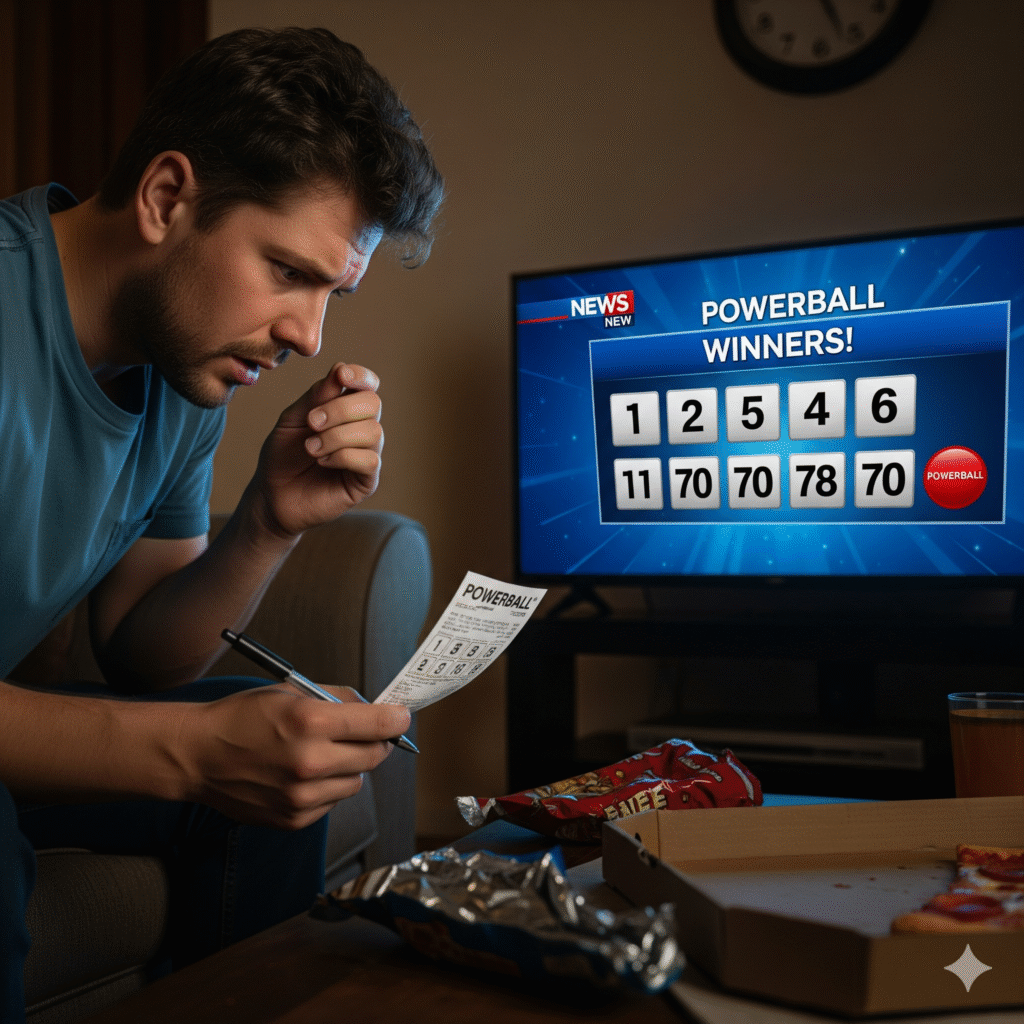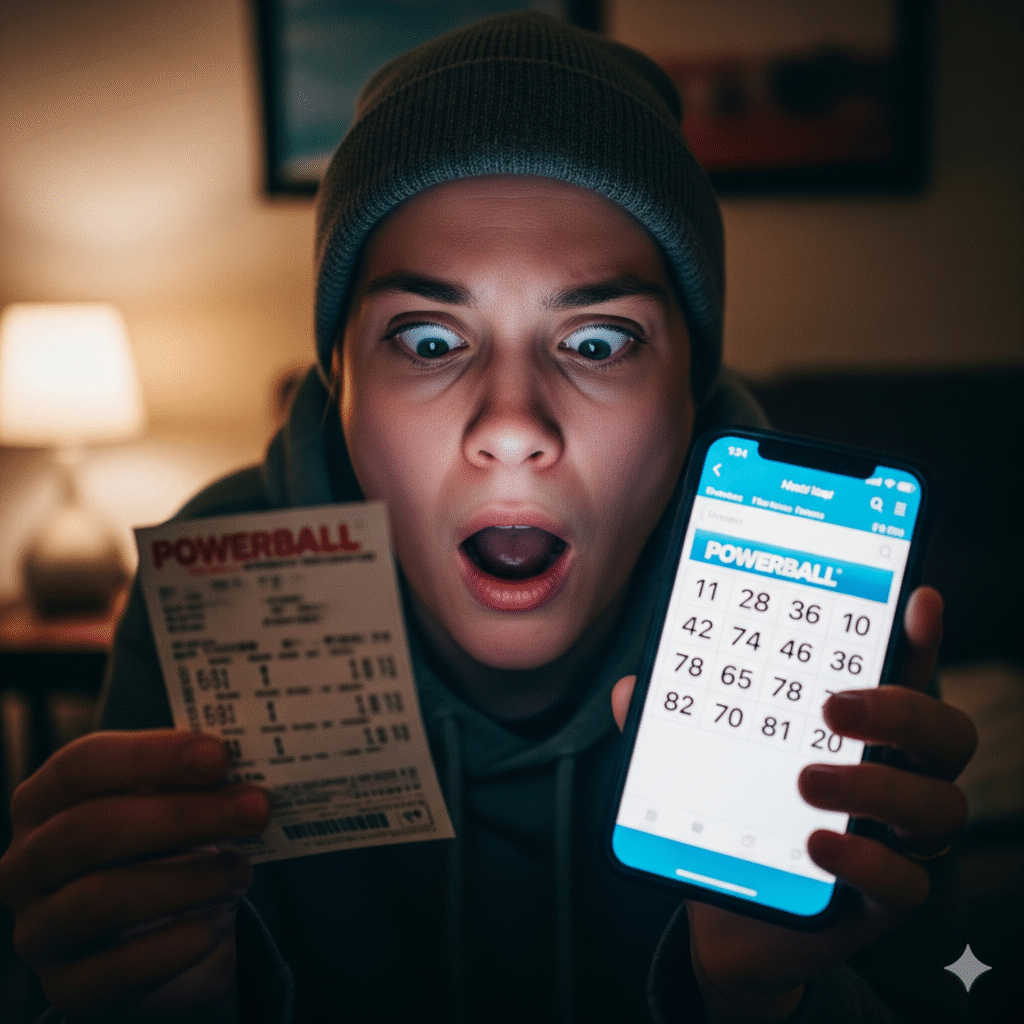Powerball’s jackpot has climbed to an estimated $850 million, drawing huge interest from casual players and regulars alike. Here’s a quick guide to the prize, the payout options, and smart tips if you decide to buy a ticket.
The Short Version
- The Powerball jackpot is estimated at $850 million.
- Winners can choose a lump-sum cash option or a 30-year annuity.
- Odds are long; set a small budget and play responsibly.

How the Jackpot Reached $850 Million
Rollovers occur when no ticket matches all winning numbers, including the Powerball. Each rollover increases the top prize, pushing the jackpot into headline territory. High jackpots tend to drive more ticket sales, which can make the prize grow even faster until there’s a winner.
Payout Options: Cash vs. Annuity
- Lump-sum cash option: A one-time payment that is smaller than the headline amount. Federal and, in many states, local taxes apply.
- Annuity option: Paid out over 30 years, with annual payments that typically grow each year. Total payments sum to the advertised jackpot before taxes.
Winners often choose the cash option for flexibility. The best choice depends on personal goals, tax considerations, and financial planning. Professional advice is wise before making a decision.
Odds, Tickets, and How to Play
- Basic play: Pick five numbers from 1–69 and one Powerball from 1–26.
- Odds: The odds of hitting the jackpot are extremely low. Smaller prizes have better odds but still require specific matches.
- Power Play: An add-on in many states that can multiply non-jackpot prizes for an extra cost.
- Where to buy: Authorized retailers and, in some states, official online outlets.
- Deadlines: Ticket sales cut off before the drawing; check your state lottery for exact times.
Taxes and Claiming the Prize
- Federal taxes: A portion is withheld upfront, and you may owe more at filing depending on your total income.
- State taxes: Rules vary widely. Some states tax lottery winnings; others do not.
- Claiming: Procedures and deadlines differ by state. Some allow claims via trust or LLC to protect privacy.
If you win, make copies of your ticket, sign the back, and store it safely. Contact the lottery commission directly for next steps. Consider hiring an attorney, a tax professional, and a fiduciary financial planner.

Tips If You’re Playing
- Set a small budget and stick to it.
- Do not chase losses. Treat tickets like entertainment.
- Keep your ticket safe and take a photo of both sides.
- Check numbers on the official lottery site after the drawing.
- If you join an office pool, use a written list of participants, contributions, and ticket copies.
Common Myths
- “Hot” numbers increase your odds: They don’t. Each draw is independent.
- Quick Picks never win: Quick Picks win often; odds are the same as choosing your own numbers.
- More tickets guarantee profit: Buying more tickets slightly raises your odds, but expected value remains negative. Play for fun, not investment.
What Happens After a Big Win
- Publicity rules: Some states require naming the winner; others allow anonymity.
- Immediate actions: Secure the ticket, limit public statements, and assemble your advisory team.
- Financial planning: Build a plan for taxes, debt payoff, investment policy, donations, and long-term goals.
- Security: Update personal privacy, consider new banking controls, and review insurance coverage.
For Newsrooms and Creators Covering the Jackpot
- Include the draw date and cut-off times for tickets in your region.
- Add a simple explainer graphic: cash vs. annuity, tax impact, and odds by prize tier.
- Update the post after the drawing: winner status, winning numbers, and where the ticket was sold.
- Link to official lottery resources for verification.

Bottom Line
An $850 million jackpot grabs attention, but the odds remain long. If you play, set a budget, know the payout options, and check official sources for results. If lightning strikes, move carefully and get expert advice before you claim.
To contact us click Here .







